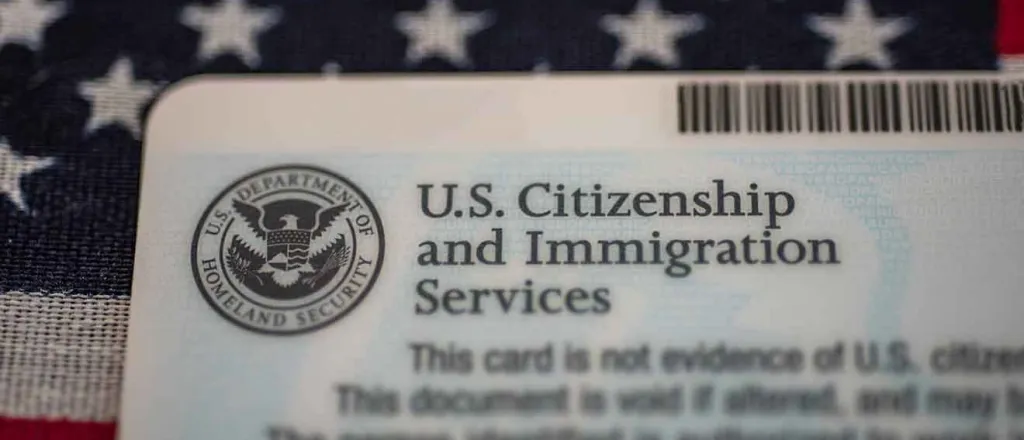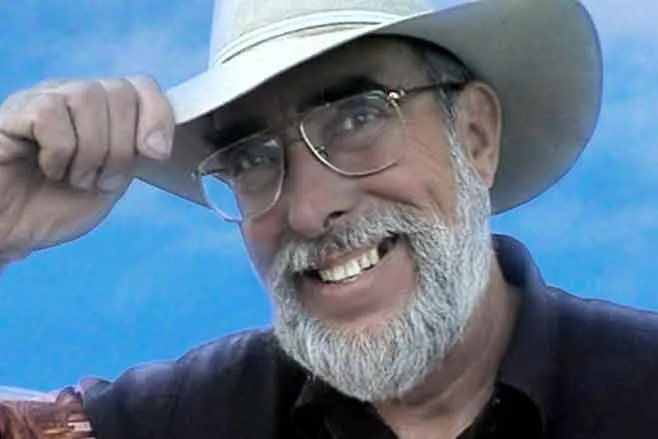
New Yorker faces ICE deportation, despite being U.S. citizen
Click play to listen to this article.
(New York News Connection) Pascal "Shakoure" Charpentier was born on an army base in Germany and has called New York City home for three decades, but he might not be able to much longer.
Immigration and Customs Enforcement is trying to deport him for being a Haitian immigrant, despite having never been to Haiti. Federal agents arrested Shakoure in 2020 and held him without bail in a New Jersey detention center. He has since been released.
Prosecutors claim a felony charge from his youth, for which he served prison time, warrants his deportation. He has presented evidence proving his naturalized status, but prosecutors are dismissing it. For now, he is forced to wear an ankle monitor, which he said has become a barrier in his life.
"The type of engagements I have on a professional level, that can be for one, quite disruptive because when the unit needs to be charged, it just makes an announcement," Charpentier explained. "It beeps several times. There's an announcement that the battery needs to be charged."
He has asked for a downgrade of the ankle monitor to a less obtrusive option, although his requests have gone unanswered. One of his attorneys, Jessica Rofe, said it's uncertain how much information could satisfy Immigration and Customs Enforcement. But Charpentier noted their own documents can prove his case since they show his life in this country. He is hoping the case can end by New York Gov. Kathy Hochul granting him clemency.
His is not an uncommon story.
Karim Golding, organizer for Freedom to Thrive, faced a similar situation. Being from Jamaica, he first entered the U.S. when he was about nine years old with his mother. He was arrested on drug and gun charges, for which he was sentenced to federal prison. But then he was transferred to an Immigration and Customs Enforcement detention center. While he was released and had his conviction overturned, Golding said the implications of it still linger.
"I still have to ask if I want to leave the state of New York or the tri-state [area]," Golding pointed out. "I have to ask permission. Pascal has an ankle monitor. I had an ankle monitor for 18 months prior to having my case overturned, and still have different levels of supervision that I still have to deal with. We're still incarcerated, we're not free."
He said people like he and Charpentier still have to fight their cases on a day-to-day basis. Golding argued rehabilitation needs to be explored as a viable option for people in such situations. He added people need to be better educated about the law so the first place they see in the U.S. is not a jail cell.















